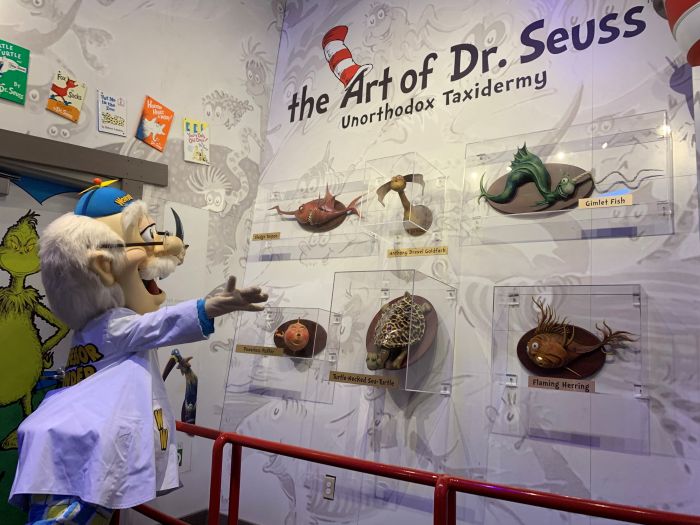One of the reasons why those in the middle class and on the lower end of the economic ladder were hit harder by the economic implosion in 2008 is simply this: they’re not necessarily good liars. Or not as good as their wealthy fellow citizens, at least. Ever since that faithful winter, we hear all kinds of stories about liars, cheaters and white collar con artists, a la Madoff.
A new study offers an explanation about why people who are better off seem to be better at dissembling without even blinking -- and it might not even be their fault. Tests conducted at the University of California, Berkeley suggest that the socially and financially advantaged are more likely to behave unethically than the less affluent.
The findings of this study – which is scheduled for publication in the Proceedings of the National Academy of Sciences – reveal that elevated wealth status seems to make those so situated want even more, and that wanting more leads one to bend or break the rules to serve one’s self-interest. So reports Paul Piff, lead author of the study.
One of the reasons why the rich tend to behave unethically might be that the independence they achieve through financial security fosters a sense of entitlement and consequent lack of concern for others.
Although Piff and his colleagues agree that the study has limitations, it seems to reinforce the notion that people who identify as members of a higher social class are more likely to acknowledge unethical behavior. Credit Robert Gore, Ph.D., an associate professor of psychology of Alliant International University in San Francisco, for that observation.
And another UC Berkeley study underscored these latest findings. In that investigation, people in lower socioeconomic classes were found to be more psychologically attuned to suffering and quicker to express compassion than those at or near the top of the pyramid.
It’s not that the upper classes are coldhearted, says UC Berkeley social psychologist Jennifer Stellar, lead author of the study published online on Dec. 12 in the journal, Emotion . It’s just that they may not be as adept at recognizing the cues of suffering because they haven’t confronted that many obstacles in their own lives.
Overall, then, the top percenters focus more heavily on themselves, have grown up with more freedom and autonomy, and tend to do better in an individualistic, competitive environment. Lax adherence to an ethical code may be the price of admission – something the more affluent among us can afford and generally seem willing to pay.















